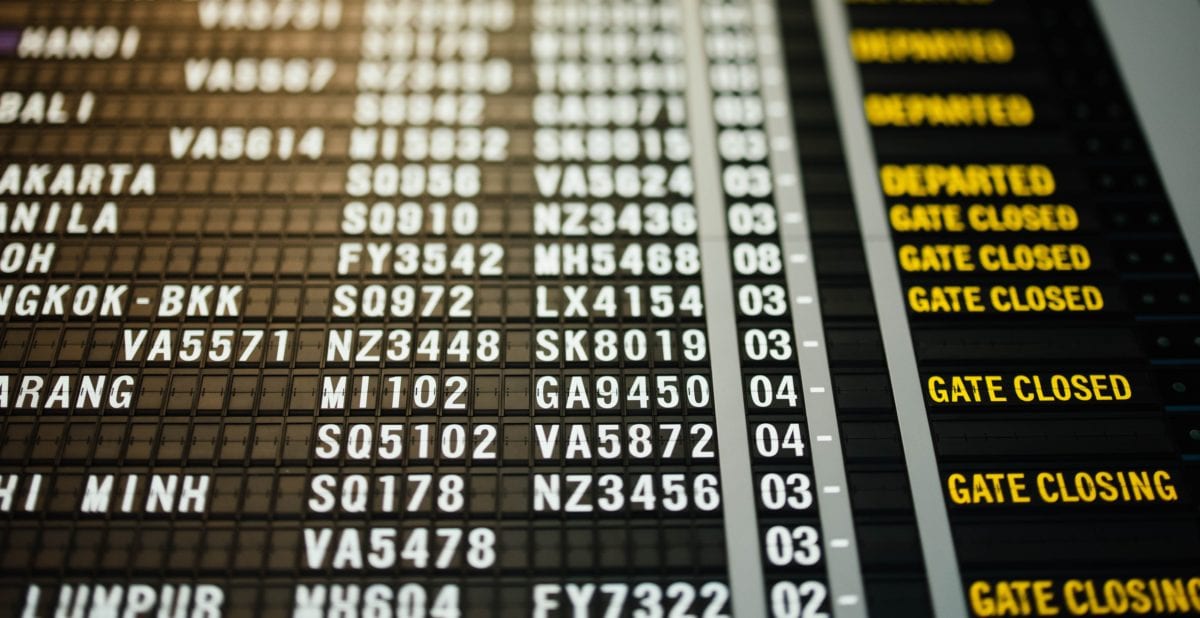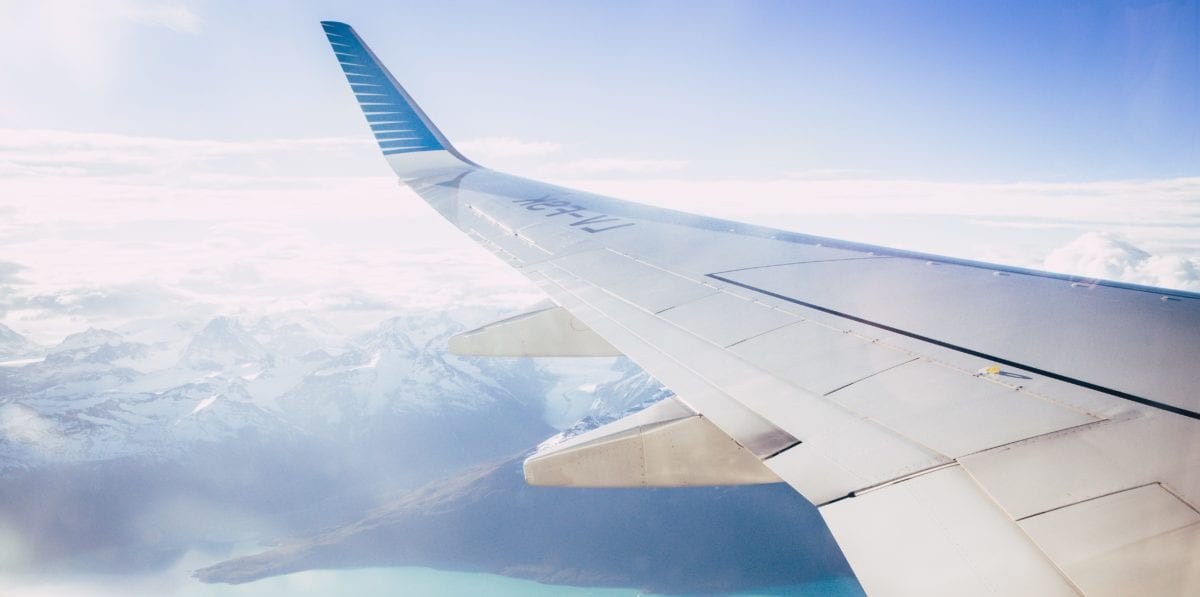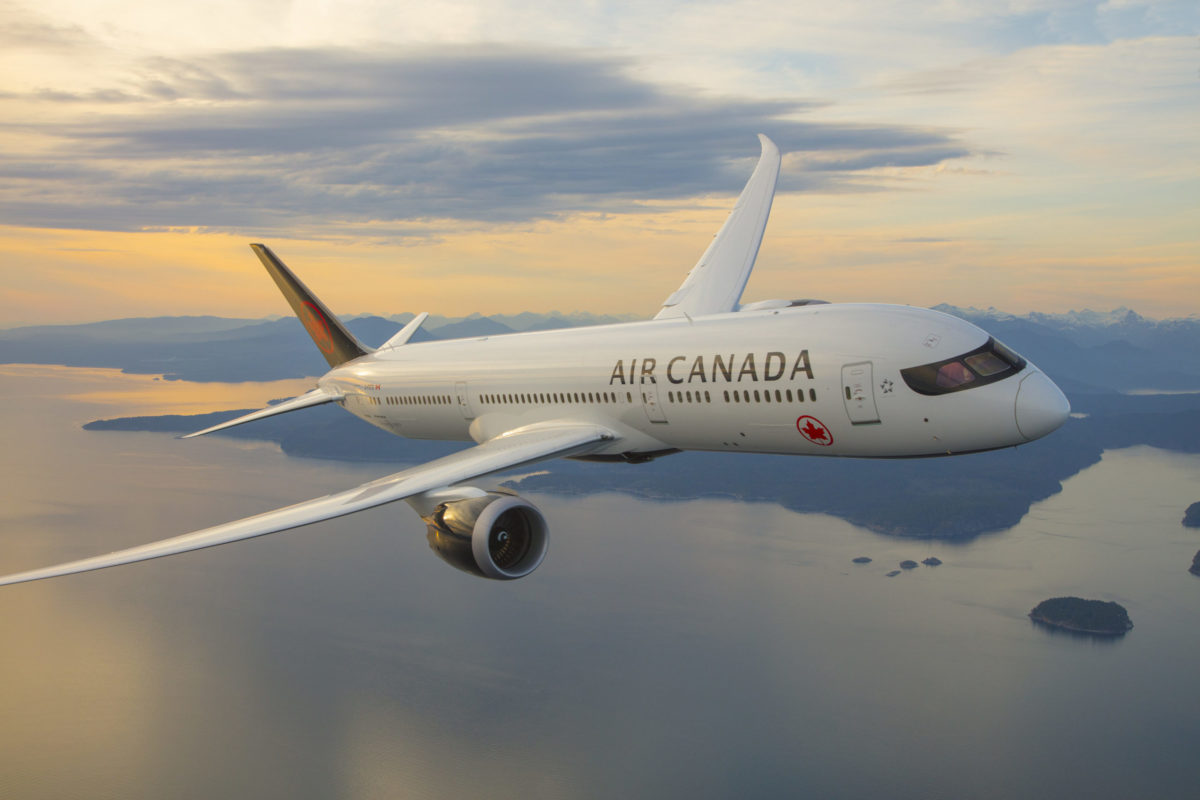You’re scoping out a flight to buy and are about to pull the trigger when, suddenly, the price jacks up. We’ve all been there – it’s beyond frustrating. But what’s happening?
No, you don't need to clear your cookies. The simple answer is that airlines are always tweaking prices for airfare based on demand, timing, sales, and more. Carriers can change airfare prices at a moments' notice – and they do.
Or maybe you've got cached data on your computer – an older price that your machine has stored away for an hour or two that you may find is out-of-date when you actually go to buy your ticket.
But there’s another principle behind how airlines set prices that could be the culprit behind the sudden price hike.
Blame Fare Classes
When you walk onto a plane, you see first class and economy. You might see business class and premium economy if it’s a long international flight, too.
But behind the scenes, airlines have their own classifications for passengers’ tickets, breaking out into an alphabet soup of fare classes. And it’s literally an alphabet, as most airlines have a fare class for every letter.

There are close to a dozen or more different fare classes for even a standard economy seat, each with its own set of rules for upgrades, earning miles, and more. Basic economy fares – the bare-bones tickets sans seat assignments or checked baggage – are represented by an entirely different fare class. Even award fares booked with miles have a distinct classification.
There are three primary fare classes dubbed full fare classes. There’s the full fare economy (Y), full fare business class (J), and full fare first class (F). But beyond that, there are discounted fares and deep-discounted fares. The list seems endless.
And critically, every fare class generally has its own price. And this is likely what’s behind that price hike that has you kicking yourself for not booking faster.
Airlines will offer a set amount of tickets in a certain fare class. Once it sells a given number of tickets in the lowest-priced fare class, it will move up the list to the next, more expensive class.
Check out this flight from Las Vegas (LAS) to Minneapolis (MSP). Once someone buys that last fare remaining, the price will increase as Delta moves up to a higher fare class.
Odds are, that’s the exact scenario that played out when your ticket price increased.
How to Navigate Fare Classes
Getting into fare classes is diving deep into the weeds of the airline world, and it can be confusing. There are a few simple things to keep in mind.
If you’re on the fence and worried that your flight could increase in price, remember: You can book first and ask questions later. The federal government requires airlines to fully refund almost any flight that touches U.S. soil within 24 hours of purchase. So long as you book through the airline – or certain OTAs – and aren't within roughly a week of departure, you're set.
If you’re buying tickets for yourself and a companion or an entire family, it might help to do some extra searching. That’s because your search will only pull up a fare class for which there are enough tickets to cover your entire traveling party.
For example, If there are only two lower-priced fare classes available but you need four tickets, you won’t get access to those two cheaper fares. So it could save you some money to search and book tickets separately. If you want to make sure you’re earning miles on the plane ticket you just paid for, make sure you’re buying a fare that earns the most miles possible. Every airline sets its own rules for how many miles each fare class earns.
And finally, these fare classes are the reason why it rarely makes sense – or even works – to buy a cheap fare and upgrade to business class later on with miles or cash. Only a small subset of fare classes are eligible for these upgrades.
Bottom Line
The world of airfare isn’t exactly transparent. And that’s never more frustrating than when the plane ticket you want jumps in price. Understanding the principles of how airlines set pricing can help you stay ahead of the curve.






What gets me is why when searching for a flight they give you a price ROUND TRIP , but when you select the return flight there is another price, usually higher and its added to the first one – so therefore the price ROUND TRIP is not really the price for ROUND TRIP, or wouldn’t they say for example “departing flight $4000 per person round trip” and then it should remain the same when selecting a return flight for that round trip. Not what I just saw at Air France – it said ROUND TRIP FOR 2 PEOPLE $3500.00 but as soon as I selected the return portion it was an additional $9500 FOR 2 PEOPLE = doesn’t make any sense to me so if someone can explain that in plain English that would be great
The quoted ROUND TRIP price will be offered for at least one time / carrier. However, if you select a more convenient (popular) time the price quickly goes up. If you don’t mind getting to the airport before the sun comes up or late evening, you will get those lower prices.
Interestingly enough I had been following prices with delta for months. The new lower price had been that price for two days. Took an hour with rep to book flight he kept saying they were having “latency issues”. In that time flight went up $100 and he couldn’t do anything about it. Hour later price was back down and 24 + hours later still that lower price. They would only give ecredit with contacting two hours after purchase. Writing to them about the 24 hour rule.
I had to use rep vs online booking due to flight for minor.
You make it sound innocent enough, but those cheap initial fares are really loss-leaders, something that was deemed to be an unethical business practice. It has actually been made illegal for many business transactions. Why isn’t it illegal for airlines?